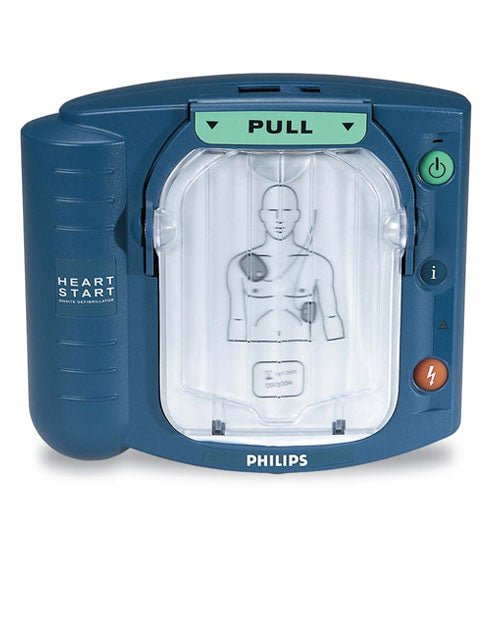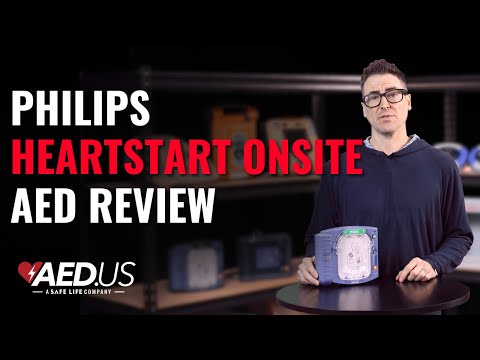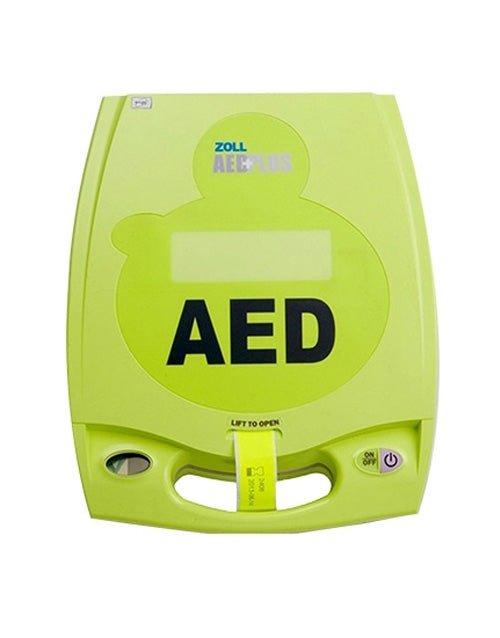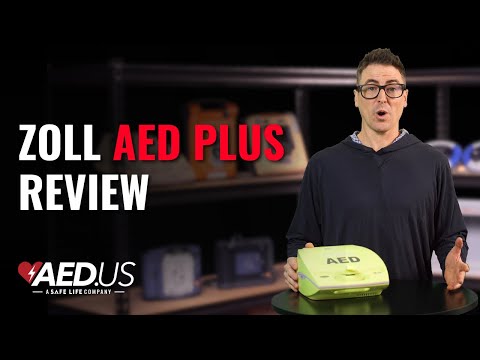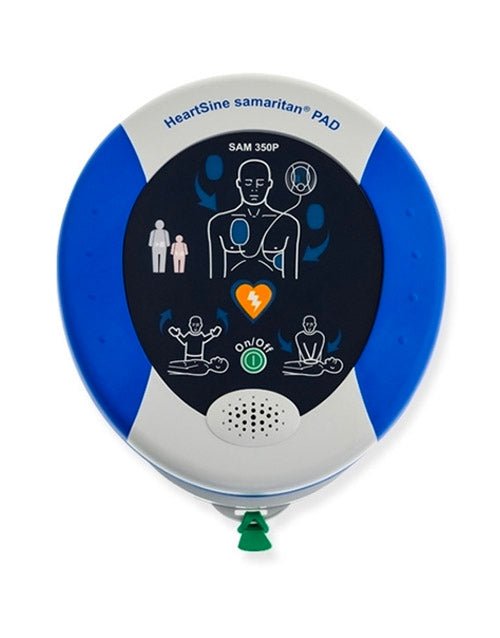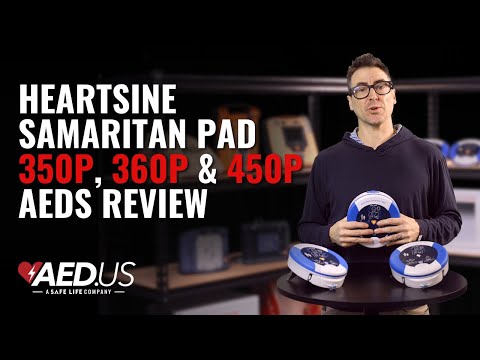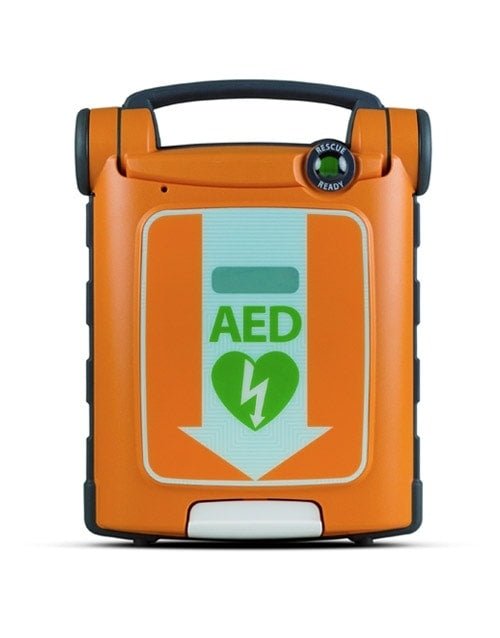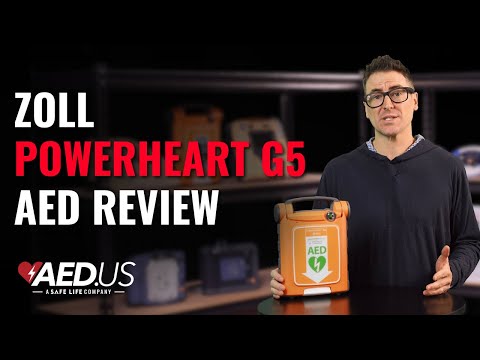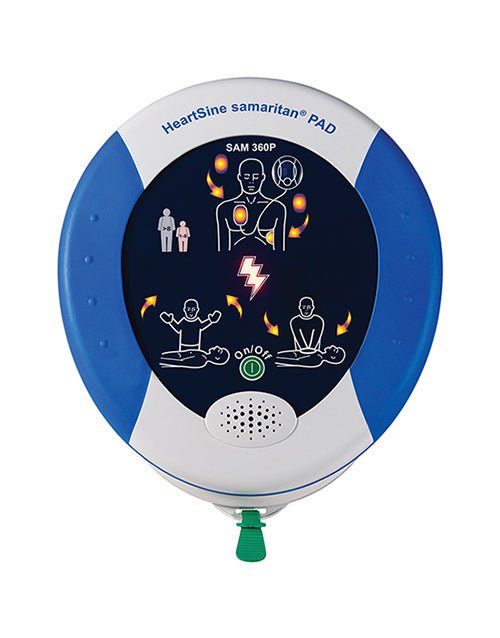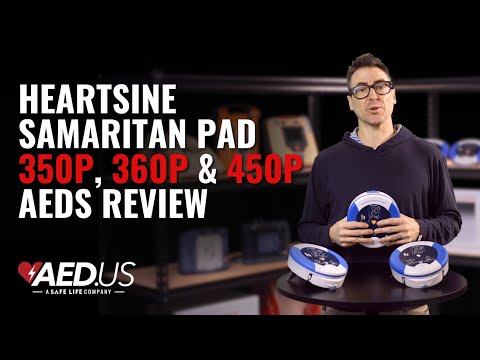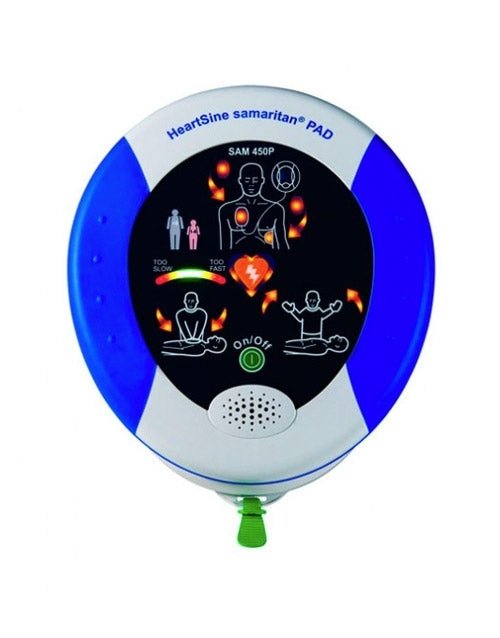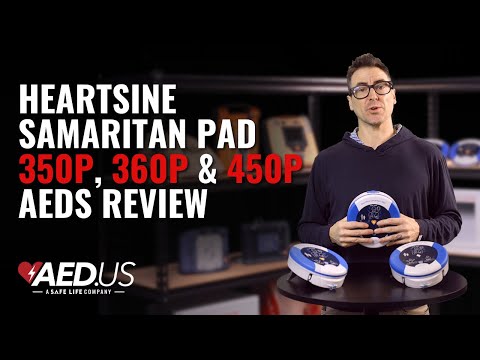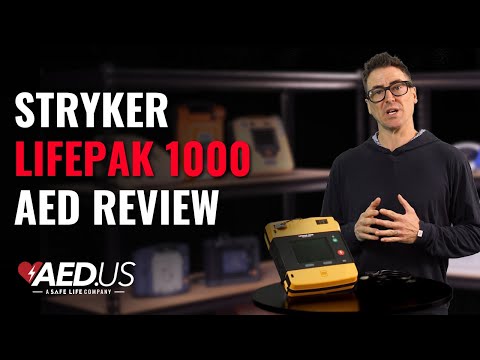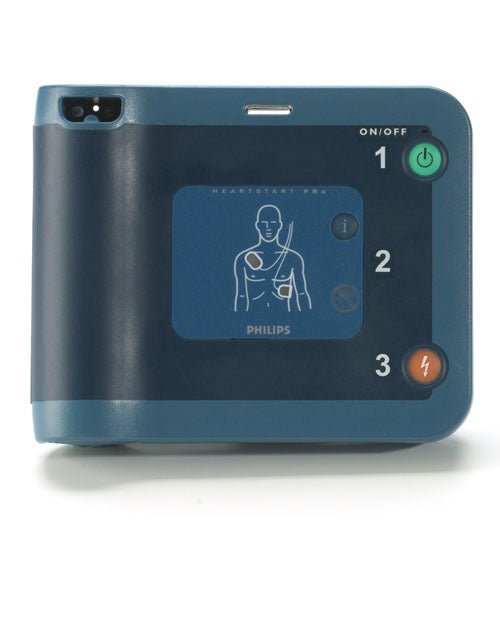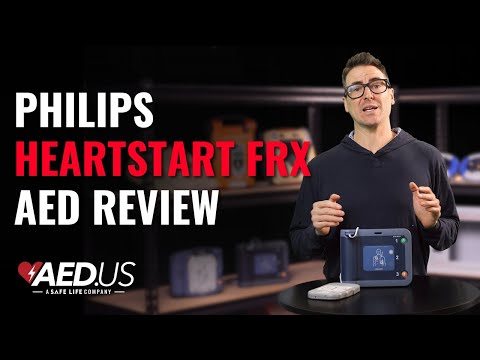AEDs with CPR Feedback
For a victim suffering from Sudden Cardiac Arrest, the life-saving shock from an AED is essential. However, the importance of CPR to the outcome cannot be understated. Almost 90 percent of people who suffer out-of-hospital cardiac arrests die. CPR, especially if performed in the first few minutes of cardiac arrest, can double or triple a person's chance of survival (source: American Heart Association). AED.US believes that AEDs with CPR coaching features can offer SCA victims the best chance for survival. All AED.US Team Members carry these AEDs from Cardiac Science, Heartsine and ZOLL in their vehicles and have them placed in their homes.
AEDs For Sale at AED.US
